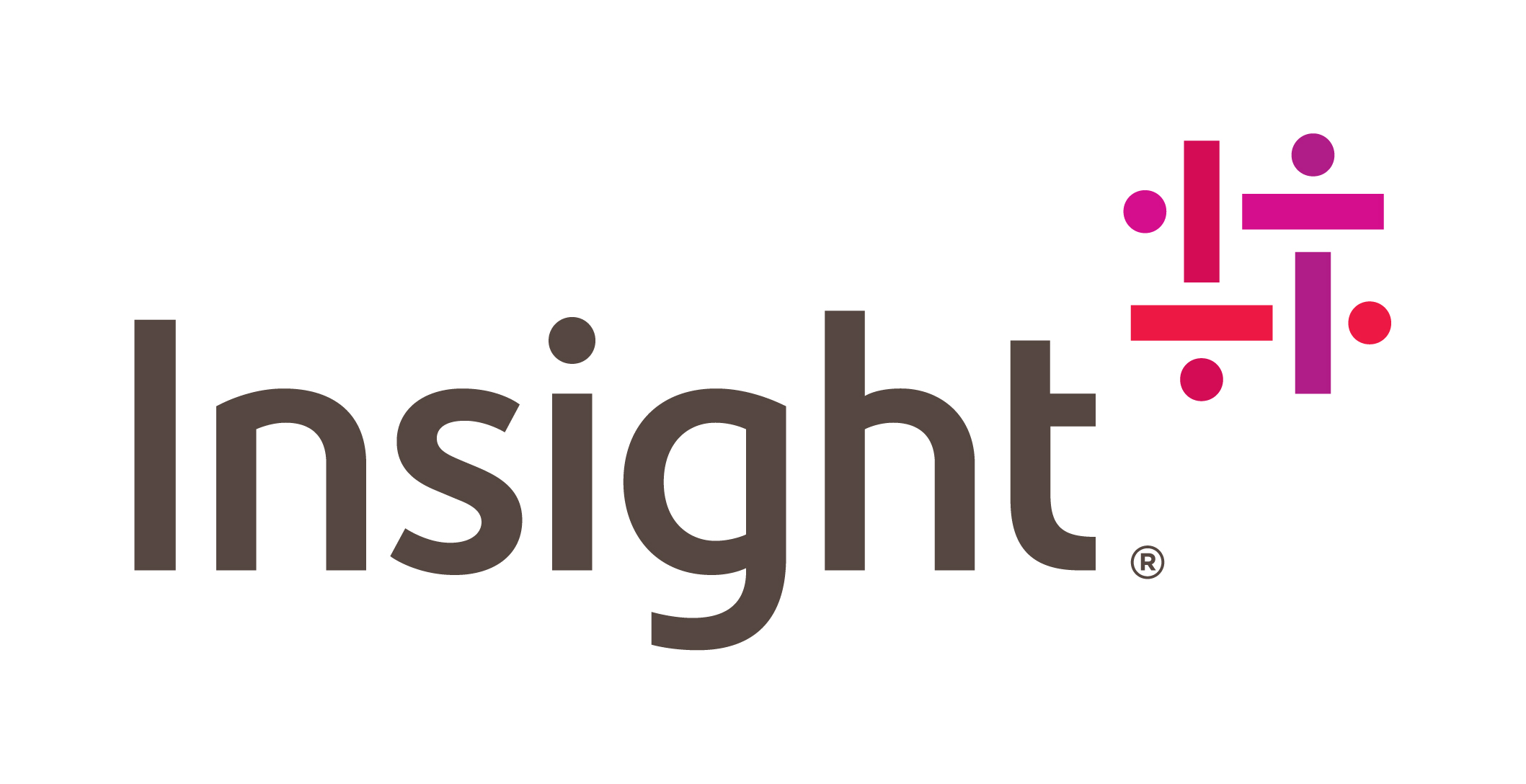
2016 started with a punch in the gut from Google (note: that is not officially how Google’s marketing department described it). The beloved Google Search Appliance was going the way of the Dodo.
But fear not, Google told us the cloud would save us with Google Cloud Search. Their announcement implied a forthcoming replacement for the GSA that would run exclusively in the cloud. There would be no more on-premise search solutions made by Google. Everyone received this news calmly and was excited for the future of enterprise search in the cloud with Google Cloud Search!
Not. As the dust settled, reactions were deeply divided. Some clients asked me where they could sign up for Google’s cloud-based search engine before our blog announcement’s ink was dry. Others proclaimed “Never Cloud” and, I can only assume, put their heads back under the sand.
Oh, I jest. Can I really blame a financial institution or a highly competitive manufacturer for being afraid to upload all of their content to the cloud so it can be searched? And they must be worried about the bandwidth required to upload the files, and the latency to run searches, and all sorts of other “Never Cloud” justifications.
A few years ago I might have been more sympathetic. But it’s 2017 now, and information technology is moving to the cloud – quickly. Companies large and small are using Salesforce, Box, Office 365 and Facebook Workplace and hundreds, or thousands, of other cloud-hosted services. Companies are awakening to the fact that a well-architected cloud-based service can be as secure, or more, than traditional on-premise software. Even the banks are starting to get the picture.
Can we say the same for cloud-based enterprise search? Definitely. The GSA was a rock-solid, unbreakable appliance – the Fort Knox of search solutions … unless you had physical access. Connect directly with the orange crossover cable and you could reset the admin password. Then log in to the console and you could override the permissions of all the content in the GSA, making everything publicly searchable and all the cached copies of the documents viewable. That’s more secure than a cloud service, right? No? Well, forget I mentioned that then.
In addition to being secure, cloud-based search engines like Google Cloud Search can harness datacenter-sized power to eliminate the capacity and performance limitations of traditional enterprise search solutions. They can offer complex services like OCR and audio transcription and machine learning to improve quality and accuracy. And you never have to worry about installing or upgrading or patching or clustering or backing up or so many other verbs that IT people love to do.
I get it. Cloud-based enterprise search is scary. But so was riding a bike or hitting a fast pitch baseball. With a little practice, or in this case education and experience, the fear goes away. We will all watch Google closely to ensure that the new Google Cloud Search solution is safe and secure, as I’m sure dozens of their engineers will be doing, too.
And so, I begin 2017 ready to help the tired and weary GSA castaways on this journey. I recently started a new job with SADA Systems, one of the premier Google Cloud and Google Search Appliance partners in the world. I will be working with clients to prepare for and make the transition from the GSA to the new Google Cloud Search solution.
I know that not everyone will be ready for Google Cloud Search yet. But I am all in.
Chad Johnson
Director, Google Enterprise Search




